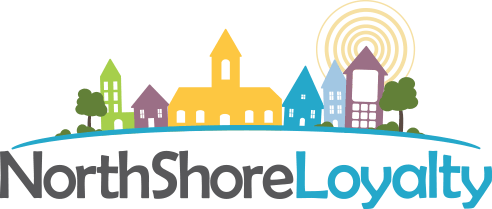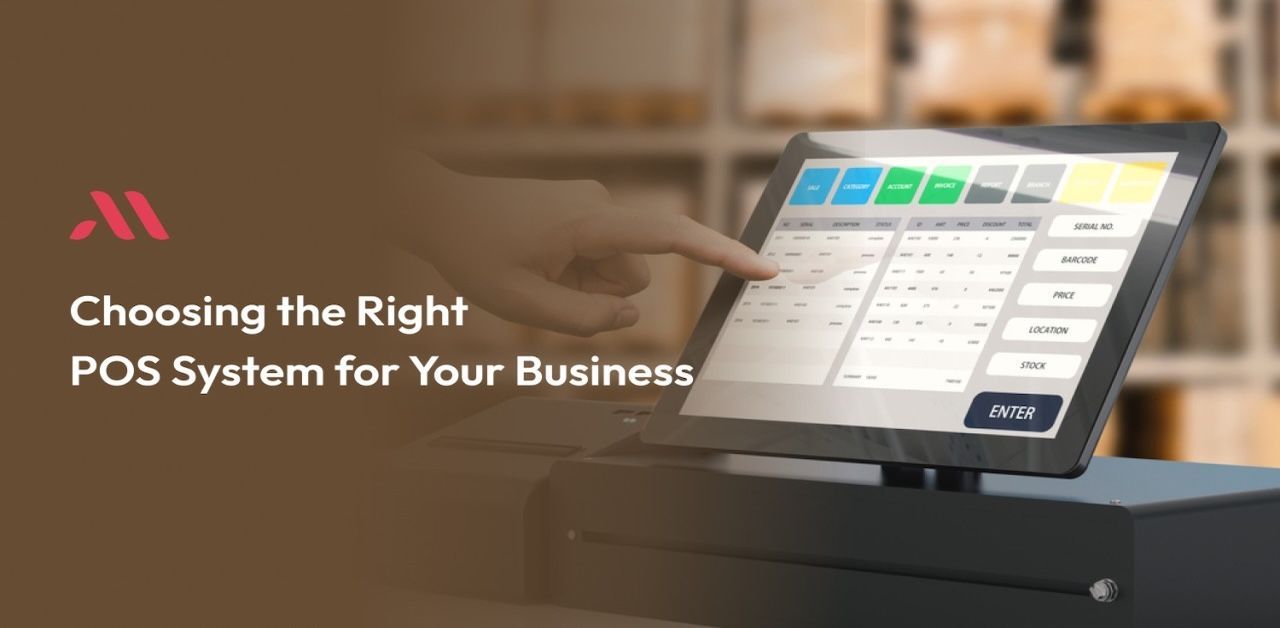How Does Reputation Management Influence Local SEO?
In today's digital world, your online reputation can make or break your business. With more customers turning to search engines to find local products and services, managing your business’s reputation online has become just as important as offering great products. One of the most significant ways reputation management influences your online visibility is through local SEO (Search Engine Optimization). Local SEO focuses on optimizing your online presence to attract more customers from relevant local searches. In this article, we'll dive into how effective reputation management can boost your local search rankings, helping your business stand out in your community.

What is Reputation Management and Why Does It Matter?
Reputation management is the practice of monitoring and improving how your business is perceived online. This includes managing customer reviews, handling negative feedback, engaging on social media, and ensuring that your business’s online presence reflects your values and brand image. In a world where customers often make decisions based on online reviews, your reputation plays a significant role in their purchasing decisions.
The reason reputation matters is simple—today's consumers rely on reviews and ratings more than ever. A poor reputation can drive potential customers away, while a positive reputation can attract them in droves. Online reviews, social media interactions, and word-of-mouth can either build trust with your audience or destroy it. How your business manages these elements will directly impact how you rank in local search results.
The Link Between Reputation Management and Local SEO
Google’s local search algorithm uses several factors to determine which businesses to show in local search results. One of the most important ranking factors is the quality and quantity of online reviews. Reputation management directly impacts this by ensuring that your business receives positive reviews and by addressing negative ones promptly.
Online reviews are one of the key elements of local SEO because they provide search engines with important signals about your business. Positive reviews and high ratings tell search engines like Google that your business is trustworthy and relevant to users in your area. As a result, search engines are more likely to show your business in the “3-pack” or map results when someone searches for a service you provide.
The number of reviews is also a significant factor in local SEO. Google gives more weight to businesses that have a consistent stream of positive, recent reviews. A well-maintained reputation with plenty of high-quality reviews signals to Google that your business is active, trustworthy, and reliable in the local community.
The Impact of Review Volume and Freshness
When it comes to reputation management and local SEO, review volume matters. The more positive reviews your business collects, the more likely it is to rank higher in local search results. However, it’s not just about having a high number of reviews. Search engines also consider how recent those reviews are. Regular reviews that reflect your business’s current performance and customer satisfaction levels are crucial for maintaining a competitive edge.
To maximize the impact of your reviews on local SEO, it’s essential to actively encourage customers to leave feedback. Whether it’s through follow-up emails, incentives, or simply asking for reviews in-person, consistently collecting fresh reviews can boost your rankings. Having a review strategy that encourages regular reviews helps keep your reputation strong and your search rankings high.
Best Practices for Reputation Management to Enhance Local SEO
Encouraging Positive Reviews
One of the best ways to manage your online reputation is by encouraging customers to leave positive reviews. Businesses can do this by making the review process easy and convenient. You can ask happy customers to share their experiences on platforms like Google, Yelp, or industry-specific review sites. The more positive reviews you have, the stronger your online reputation becomes.
Incentivizing reviews, such as offering discounts or loyalty points for customers who leave feedback, can also help increase the number of reviews your business receives. However, it's important to ensure that the process remains ethical and transparent, as incentivizing reviews without disclosure could violate certain platform policies.
Responding to Reviews and Feedback
Responding to both positive and negative reviews is a key part of reputation management. Thanking customers for their positive feedback shows that you appreciate their support. More importantly, responding to negative reviews can demonstrate your commitment to addressing customer concerns and improving your service.
When handling negative reviews, always remain professional and calm. A well-crafted response that acknowledges the issue and offers a solution can turn a negative experience into a positive one. Addressing concerns directly shows that you care about your customers and are actively working to improve.
Monitoring and Managing Reviews
Regularly monitoring your reviews and online mentions is critical for staying on top of your reputation. Use tools like Google Alerts or reputation management software to track new reviews across platforms. This allows you to respond quickly and appropriately, preventing any negative feedback from lingering unchecked.
By staying proactive with your reputation management, you ensure that potential issues are addressed before they can negatively impact your business. Consistent monitoring helps you keep track of what customers are saying and maintain a positive online presence.
Social Media and Reputation Management for Local SEO
Social media platforms also play an important role in reputation management. Positive engagement on platforms like Facebook, Instagram, and Twitter can help reinforce your business’s reputation, while also influencing local SEO. Search engines look at social media activity to assess how relevant and engaged your business is with your community.
Regularly posting on social media, responding to customer inquiries, and sharing customer reviews can help maintain a positive image. Additionally, positive social media interactions can result in more user-generated content, which may help boost your local SEO rankings. The more your business interacts with local customers online, the more it can build its reputation in the community.
Conclusion
Reputation management is closely tied to local SEO, and businesses that prioritize their online reputation are more likely to see improved search engine rankings and greater customer engagement. By encouraging positive reviews, responding to feedback, and staying active on social media, you can enhance your reputation and improve your local search visibility. A good reputation not only attracts more customers but also boosts your online presence, helping you stand out in a competitive market.
If you’re looking to improve your reputation and local search rankings, NorthShore Loyalty can help. We specialize in reputation management and local SEO strategies that drive traffic and build trust with your customers. Contact us today to learn how we can help enhance your online presence and grow your business.
Our Recent Post










